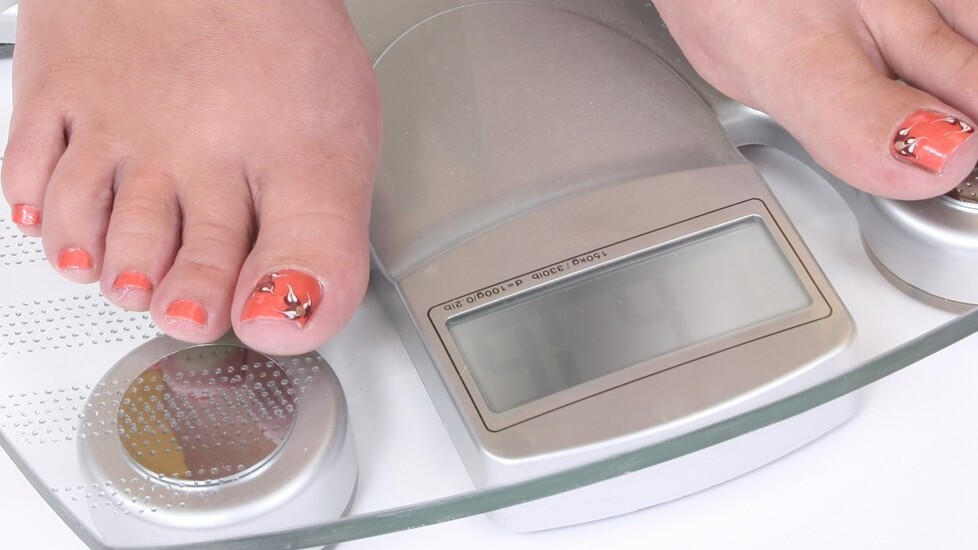
Pinterest has been hacked again, after large numbers of user accounts began spewing weight loss-related messages across the social network and onto Twitter.
There’s been similar spam on Instagram in the past, but a few of the different types of messages circulating on Pinterest today include: Asian fruit-related messages:
And weight loss bragging:
(We’re not sure how the spammers defined who lost 12 pounds and who lost 15…)
This may not be as amusing as Pinterest’s recent butt pics spam incident, but it is nonetheless a reminder that strong passwords are an absolute necessity today. Likewise, users of Pinterest or any other social network should be careful when logging in via third-party sites and services as that increases the risk that your account might be harvested for spam or hacked.
I see soooo many pinterest accounts being hacked today, judging by my feed. Be careful when you click links!
— Jennifer Farley (@SavorySimple) June 15, 2014
It looks like @Pinterest has been hacked and is literally spamming via thousands of #Twitter accounts: https://t.co/3mzJDVmDJ3
— Daniel Albu (@danielalbu) June 15, 2014
hope you enjoyed all those great weight loss tips. my pinterest was hacked.
— Dean Malmgren (@deanmalmgren) June 15, 2014
ComScore ranks Pinterest as the 39th most popular website in the US, as of Feburary 2014, while the company itself is valued at over $5 billion after its recent $200 million funding round. This increasingly popularity has made the site a target for spam and other times of malicious activity.
If your Pinterest account got hacked today, you should reset your password and unauthorize any suspicious apps and services paired with it. Oh, and obviously refrain from clicking on the spam links too.
We’ve reached out to Pinterest for further details about this hack.
Update: A Pinterest spokesperson tells TNW:
The security of Pinners is a top priority. We were alerted to some instances of spam and responded by immediately placing impacted accounts in safe mode, and reaching out to Pinners as we solved the issue. We’re constantly working on ways to keep Pinners safe through reactive and proactive steps, as well as educating them on the importance of using complex and unique passwords.
Image via PKruger / Shutterstock
Get the TNW newsletter
Get the most important tech news in your inbox each week.







